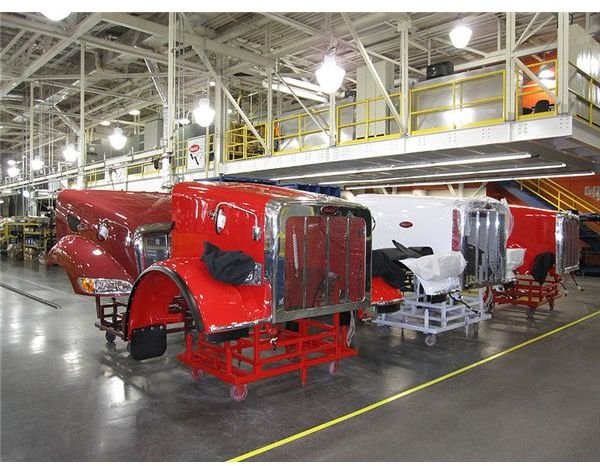The Value of Comparative Advantage in Competitive Markets
Expertise as a Comparative Advantage
The concept of everyone doing what they do best is a fundamental concept in competitive markets. Law firms do not suddenly start making DVD players and toy manufacturers would not suddenly start marketing soft drinks. Each company is best suited to producing its current level of production. Comparative advantage can be the reason one company succeeds and another fails.
The concept of expertise as a comparative advantage is a necessary but not sufficient part of a corporation’s ability to create value. When automobiles began to replace horses as the primary mode of transportation, companies that made buggy whips found that their market had dried up. Although there was and still is a small market for whips, the market is not attractive enough for large firms to consider making it a primary source of revenue. Consequently, no matter how much comparative advantage a buggy whip company enjoyed in the past, it just wasn’t enough to remain profitable after the automobile.
The question is: Is the comparative advantage a company enjoys in line with the market’s need for the product? Here we see that a new idea (horseless conveyance) made the expertise of the buggy whip manufacturers no longer valuable.
Another principle in competitive markets is the concept of sustainability of comparative advantage. Expertise is rarely bestowed upon just one individual or company. Over time people watch and learn, new technologies are developed, and environments change. Consequently, comparative advantage typically erodes over time.
Few companies can get by on expertise alone so they develop advertising campaigns, invest in diverse markets, and create new ideas to reduce the effects of erosion of a comparative advantage. Sustaining expertise is not just a matter of defending copyrights and patents and creating registered trademarks. Changes in market needs and wants also make reliance in expertise risky.
Comparative advantage is valuable for as long as a company can sustain it as a means to compete with rival firms. However, expertise is rarely a long-term competitive advantage. Creation of new ideas coupled with expertise is a much more stable means to compete.
Image Credit
Wikimedia Commons: https://commons.wikimedia.org/wiki/File:Peterbilt_manufacturing.jpg
This post is part of the series: Principles of Value and Economic Efficiency
The main purpose of a firm is to create value and only part of creating value involves making money. The four principles of value and economic efficiency illustrate that making money is an outcome of creating value.
